
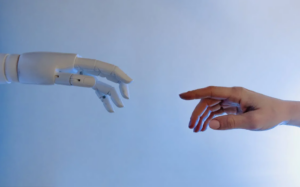
From: Pexels
Advances in the field of machine learning, the accumulation of Big-Data and the growth of computing power have produced artificial intelligence (AI) technology. Various forms of AI, such as Apple’s Siri and Amazon’s Alexa, which have entered everyday life in the 21st century, allow users to interact with smart devices, asking the devices questions and consulting them. People are already asking algorithm-based communication tools for assistance in making science-related decisions. However, today, these tools mainly provide single search results. In the future, devices based on AI will condense millions of search results and combine them into a single coherent argument.
As communicative AI steps into the role of a science communicator, it can have implications. On the one hand, this phenomenon can have positive consequences such as the accessibility of huge amounts of information which may help in the process of making informed decisions. On the other hand, these systems may weaken established and credible actors, such as science journalism, and Increase uncertainty about which sources and claims can be considered valid.
One of the major purposes of contemporary science education is to prepare non-scientists to make sense of science in their daily lives, be critical consumers of scientific information, and make informed decisions about scientific and socio-scientific issues.
- Can artificial intelligence support an informed public engagement with science and evidence-based decision-making?
- How will audiences react to an AI system as a science communicator?
- Will people use such technology to support informed decisions in socio-scientific issues, or as yet another tool to support and cherry-pick their pre-existing beliefs?
Our joint team of science communication and education researchers from Germany and Israel critically and reflectively rethink the concept and measurement of science literacy in adult life against the background of future developments of artificial intelligence.
ALIES is a three-year project funded by Niedersachsen grant, Ministry of Science in Lower Saxony, Germany
Publications:
- Klein-Avraham, I., Greussing, E., Taddicken, M., & Baran-Tsabari, A. (2024). A theoretical framework to evaluate AI-based information technologies for critical engagement with science: A proposition. NARST Annual International Conference. Denver, CO, USA. March 2023. Online participation
- Klain-Avraham, I., Dabran-Zivan, S., & Baram-Tsabari, A. (April, 2024). Do you know sometimes the information is wrong? Knowledge about and usage of generative artificial intelligence in the early adoption phase. The 26th ISCA annual conference. Herzliya, Israel. (In Hebrew).
- Greussing, E., Guenther, L., Baram-Tsabari, A., Dabran-Zivan, S., Jonas, E., Klein-Avraham, I., Taddicken, M., Agergaard, T., Beets, B., Brossard, D., Chakraborty, A., E., Fage-Butler, A., Huang, C.-J., Nielsen, K. H., Kankaria, S., Lo, Y.-Y., Riedlinger, M., Song, H. (2024, October). Mapping cross-national patterns: The use of generative AI in science-related information retrieval across seven countries [Accepted presentation]. PCST China Symposium 2024, Suzhou, China.


The Team
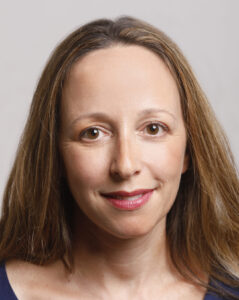
Prof. Ayelet Baram-Tsabari,
Head of the Applied Science Communication research group
Technion – Israel Institute of Technology, Israel
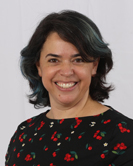
Dr. Inbal Klein-Avraham
Applied Science Communication research group
Technion – Israel Institute of Technology
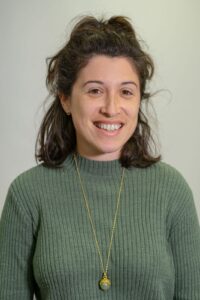
Ph.D Student Shakked Dabran
Applied Science Communication research group
Technion – Israel Institute of Technology
With our German Colleagues:
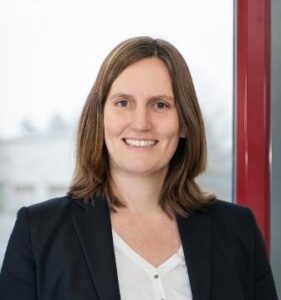
Prof. Dr. Monika Taddicken,
Institute for Communication Science, TU Braunschweig
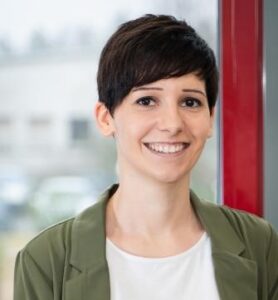
Dr. Esther Greussing
Institute for Communication Science, TU Braunschweig